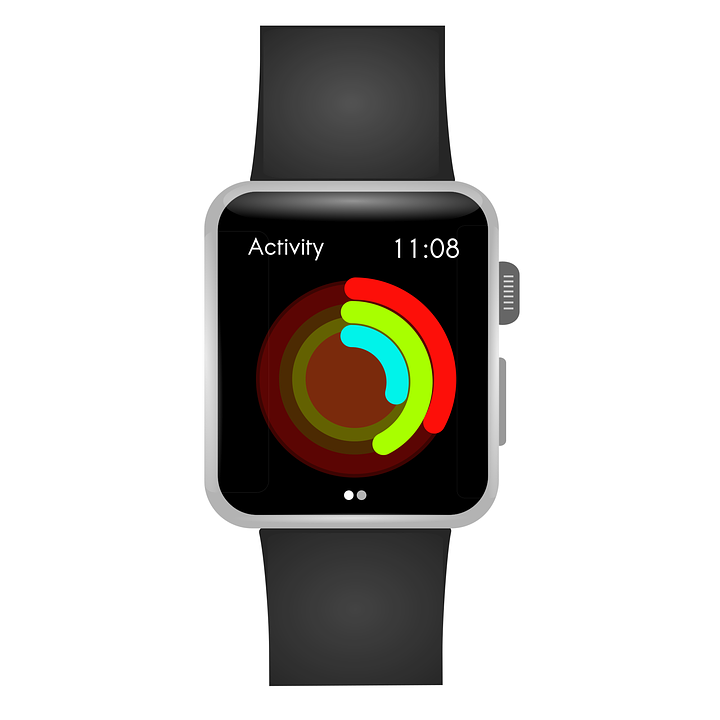Watch what data you share with your devices
Columnist Chantelle asks people to recognize the dangers of using technology while uninformed.
April 17, 2019
Technology is a powerful tool — and with that power comes great consequences. As it becomes more advanced, so does the ability for tech firms to gain access to private information from consumers. It seems that the news is full of headlines about the latest security breach in Silicon Valley. These incursions on our privacy will only get worse as firms develop products intended to monitor our movements like the Fitbit and the Apple Watch. It’s our responsibility to consider how our data could be collected and avoid online fads that could make us more vulnerable to exposure.
Lifelogging is a great example of an online fad that makes our data especially vulnerable to collection. The practice involves using digital appliances like smart watches or phones to log information like calorie intake, daily exercise, or location. The practice isn’t new; it was developed in 1994 by Gordon Bell, a professor at MIT. Bell created a platform called “MyLifeBits,” where he logged everything about himself for months — from the number of times he ate to the TV shows he watched. He was able to collect this data through Total Capture, a software that was developed to automatically photograph a person’s activity every three seconds. Lifelogging requires the consumer to voluntarily provide information about their daily activities. But the fad has since opened doors to much more aggressive and involuntary data collection systems.
For example, MIT Media Lab is developing a software that grants bots the ability to switch identities with humans. They’ve dubbed the software “augmented eternity.” According to VentureBeat, “the software curates all of a person’s digital information and stores it as a concierge bot that gives expert advice based on real human opinions. The idea is to create ‘swappable identities’ for a bot, allowing a user to pose questions to an assortment of AI personas.” The software is using data from existing public social media profiles to generate digital clones of the accounts’ owners. The technology is designed to primarily benefit marketers and tech companies who plan to sell or create new products. The faux identities will serve as a means to gain an idea of public opinion without involving the public. “Imagine you’re a tech executive trying to get a clear sense of how President Donald Trump’s views on net neutrality might affect your business,” the same article notes. “Soon you’ll be able to question Trump’s swappable identity on the matter directly.”
This type of technology is detrimental in that it could cause identity theft to increase globally. The data is collected through “personal information from emails, transcribed videos and any other published statements, allowing the system to give expert advice based on human opinions.” There is a glaring problem with this strategy: published statements do not include emails. They are private messages meant for a specific, limited audience. If the software is analyzing that kind of private data, what else are they using?
The main source of anxiety about data collection en masse stems from the fact that we don’t know how our data is being used. It is easy to identify the type of data collected and who is collecting it. The larger issues are surrounding the purpose of the data, the time it is being held, and the means in which it is used. Augmented eternity is a gross abuse of power for the sake of creating a marketing scheme used to fatten the pockets of large tech companies to the detriment of consumers.
Get The Daily Illini in your inbox!
It is important that we as consumers make more informed choices when deciding what to publish online and what digital services to use. It would be unrealistic to eschew social media or smartphones completely. But it is easy to be a more responsible, conscious technology user. Software like augmented eternity is only going to become more intrusive as tech firms produce devices designed to monitor our physical location, activities and medical state. While the government begins to move toward preventing companies and other organizations from monitoring and using our data as they please, we have to be more cautious as to the type of information we’re sharing.
Chantelle is a sophomore in Media.







